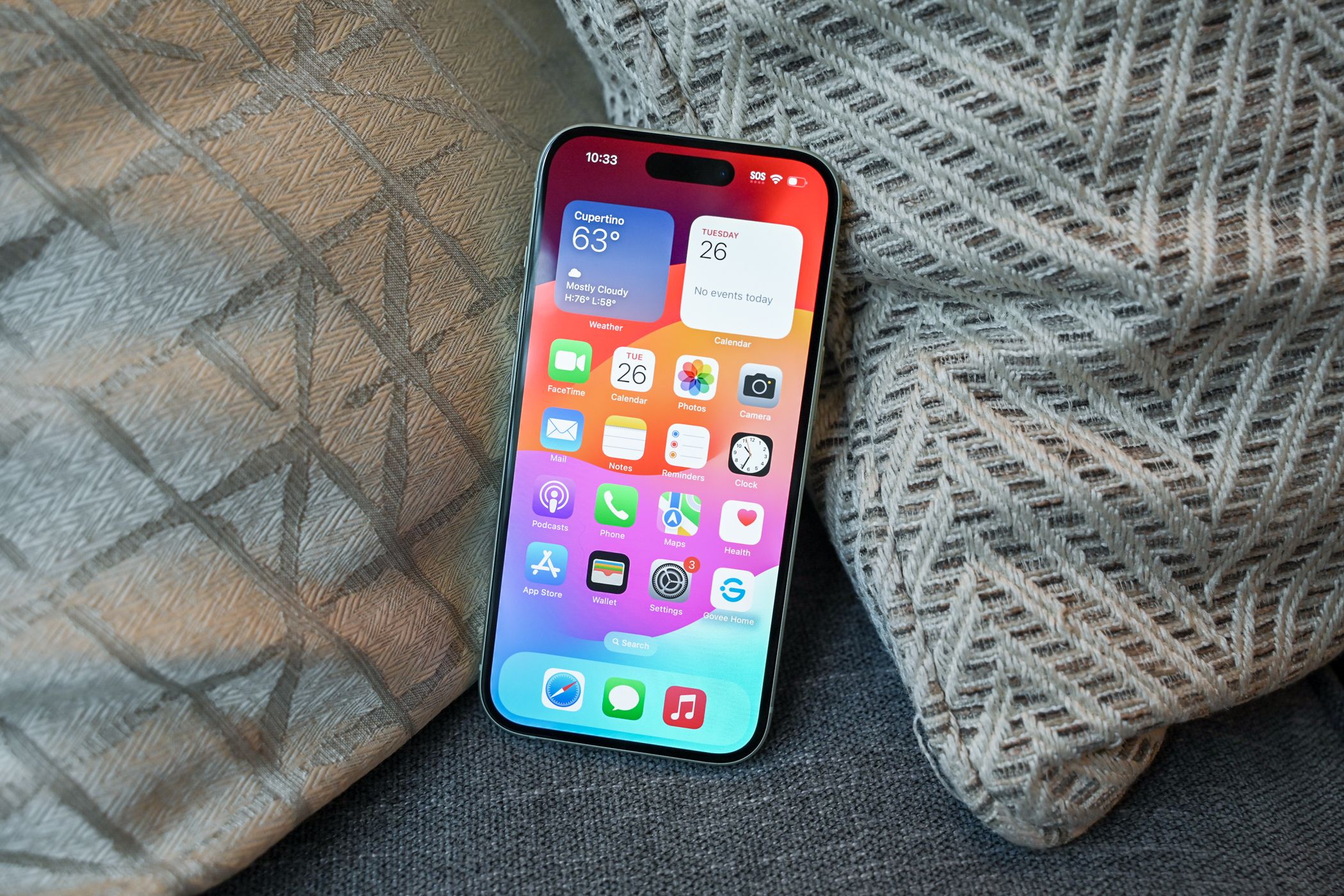
Apple’s iPhone and iPad devices have always been incredibly locked down, without the ability to install apps from outside the App Store, use web browsers with alternate engines, or other features available on Android phones and desktop platforms. That’s now changing… but only in the European Union.
France, Germany, Spain, Italy, and the rest of the 27 countries in the European Union passed the Digital Markets Act in 2022, which manded requirements on app stores and other digital markets in the region. Apple has now revealed how it will update the iPhone and iPad to comply with the new legislation: apps outside the App Store won’t be blocked, developers can create alternate app stores (think Steam on Windows), and external apps don’t have to go through Apple’s payment systems.
There are also significant changes coming to web browsers on iPhone and iPad. Web browsers with custom rendering engines are now permitted, so apps like Firefox, Google Chrome, and Microsoft Edge can now be closer to their desktop and Android counterparts, instead of just using the Safari engine with its same limitations. In the European Union, opening Safari for the first time will open a list of web browsers to choose from, for people who might want to use something else.
Apple is quick to note that installing software outside of Apple’s App Store might have an increased risk, but the company is also implementing a similar app notarization process as the one that already exists on macOS. The company said in developer documentation, “Notarization for iOS apps is a baseline review that applies to all apps, regardless of their distribution channel, focused on platform policies for security and privacy and to maintain device integrity. Through a combination of automated checks and human review, Notarization will help ensure apps are free of known malware, viruses, or other security threats, function as promised, and don’t expose users to egregious fraud.”
This is the most significant software change to the iPhone since the App Store was introduced, and possibly the biggest change ever for iPads. Those devices will finally get alternative web browsers (not just Safari with a different interface and sync on top), and app stores that more closely integrate with other platforms. It will also be possible to use emulators and other apps that Apple bans from its own App Store.
Unfortunately, none of these exciting developments are coming to the United States or any other countries right now, because no other countries have passed laws like the EU’s Digital Markets Act. There’s a chance that some of these features might arrive in other regions later—Apple will now allow cloud gaming apps in the App Store in all regions, for example—but don’t expect sideloading on your American iPhone anytime soon unless Congress does something.
Source: Apple, Apple Support





